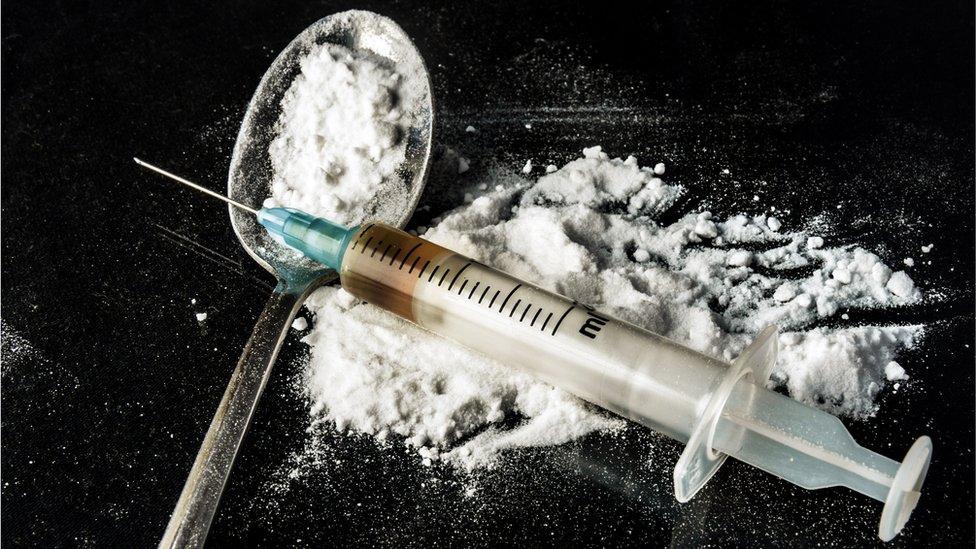Glasgow 'fix room' campaigner went back to drugs after 11 years
- Published
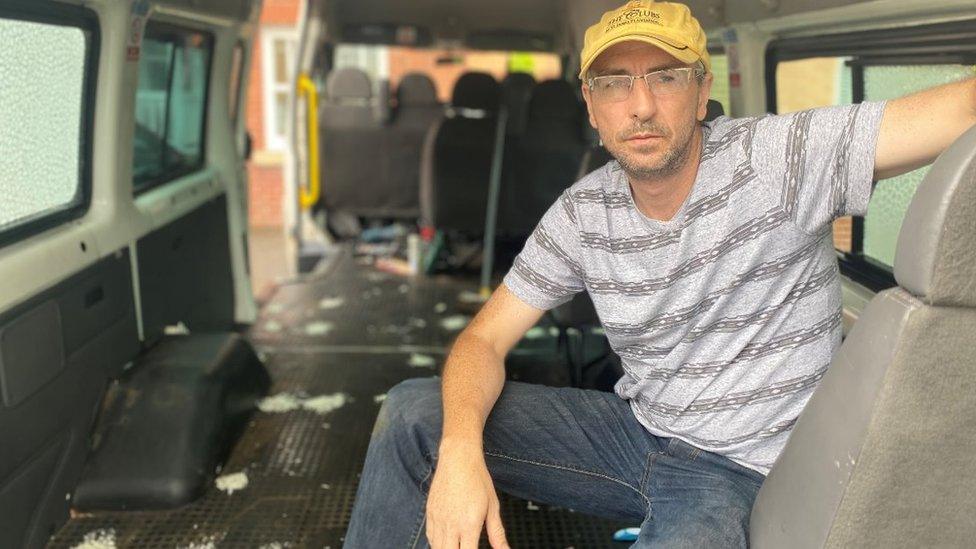
Mr Krykant converted an old van into a "safe space" for users to take their own drugs
A drugs campaigner who ran a "fix room" in Glasgow has spoken of his relapse after 11 years.
Peter Krykant, a former heroin addict who ran for office in the 2021 Scottish elections, operated a supervised facility from a van.
He told BBC Radio Scotland's Drivetime, he felt he had "no other way out" and started using class A drugs again.
He found getting help in Scotland "startlingly difficult", eventually getting treatment in England.
"I'm well now," Mr Krykant said. "I went through some really tough times running the overdose prevention facility in Glasgow - it just brought up so much trauma and so many links to my own past as well and I think I was taking on other people's trauma.
"I turned back to drugs myself after over 11 years of not taking drugs."
Mr Krykant started taking drugs when he was just 11 and began to inject heroin at the age of 17, but stopped using drugs for 11 years.
He was arrested in October after launching his "safe space" where users could take their own drugs under medical supervision. Charges against him were later dropped.
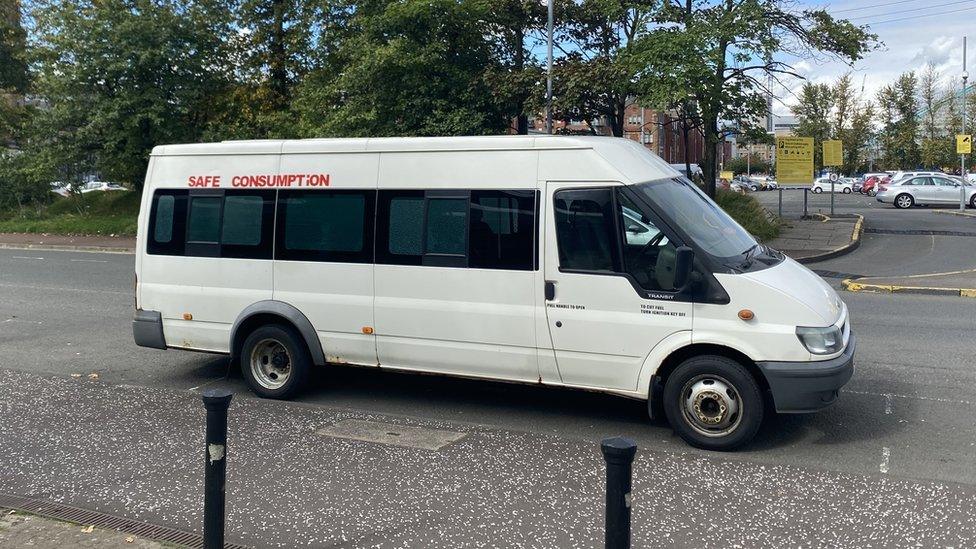
The drug consumption van was taken out on the streets of Glasgow in September last year
The mobile unit in a converted van was designed to prevent overdoses and blood-borne viruses among users in Scotland, where drug deaths are the highest in Europe.
Annual figures showed there were 1,339 drug deaths last year - an increase of 75 from the 1,264 recorded in 2019 and more than three-and-a-half times the rate of England and Wales.
The number of drug-related deaths has increased substantially over the past 20 years and is now almost three times higher than it was a decade ago, with the upward trend accelerating since 2013.
Childhood trauma
Mr Krykant hit a crisis point just after he ran for election to Holyrood as an independent candidate campaigning on drug policy issues.
He told Drivetime's John Beattie the "cut-throat political world" added to the strain of running his mobile drug outreach.
"I was taking the supervised consumption facility into the city centre," he said. "There were young people coming in who had experienced a lot of the similar traumas in early childhood that I had experienced.
"I just felt like there was no other way out at that point.
"I turned back to drugs and the startling thing is that I really experienced how difficult it was to get help in Scotland.
"I reached out to local services, I called them up and I asked for support and help and they said the first help that is available is a telephone assessment in 10 days' time."
Mr Krykant said that "didn't feel right".
'Close to dying'
After the phone call he had to wait a further eight days for a face-to-face appointment, then wait for an NHS assessment.
"I don't think I would have got to that one," he said. "That's when a Good Samaritan stepped forward and paid for me to go down to England to get the help I needed.
"Without that support and help I don't know if I would be alive today. I was so close to dying and I expressed that to the service lead.
"I was dabbling in drugs that I had no experience of. Street benzodiazepines were not available when I last took drugs prior to that."
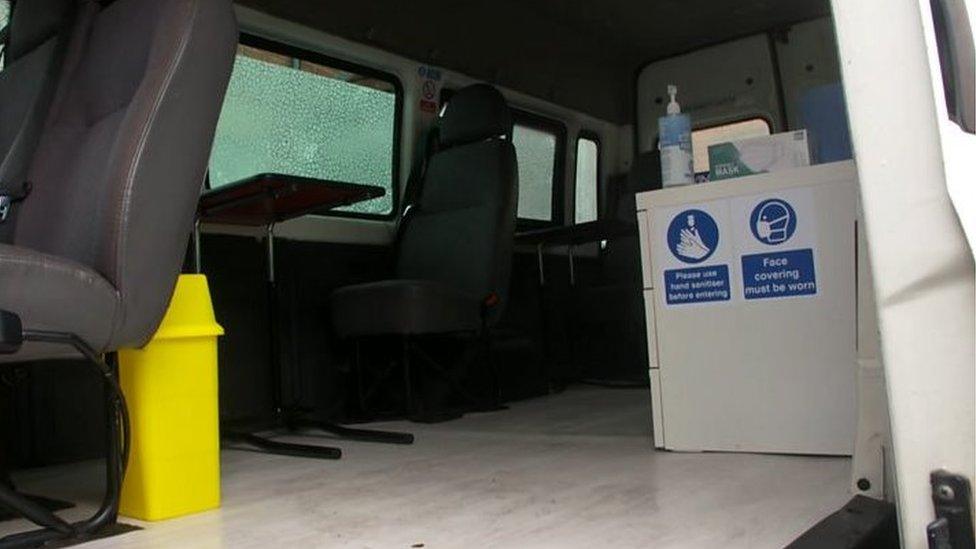
Peter Krykant intends to keep campaigning for support for drug users
Mr Krykant intends to use his experience to campaign for more help for drug users in crisis.
"I recognise that relapse for what it was and I'm moving on and I've got some good prospects ahead now," he said.
"I do intend to be a part of this ongoing conversation about drug policy reform in Scotland because I think the bigger picture is not just about the Misuse of Drugs Act.
"We need to have services that are available to reach people, and also give people the help and support they need when they need it.
"It was easier to get support 20 years ago in Scotland than it is now."
A Scottish government spokesman said £4m was being spent on introducing new medicine-assisted treatment standards, and they would ensure drug users start receiving support on the day they ask for it regardless of where in Scotland they lived.
Related topics
- Published30 July 2021
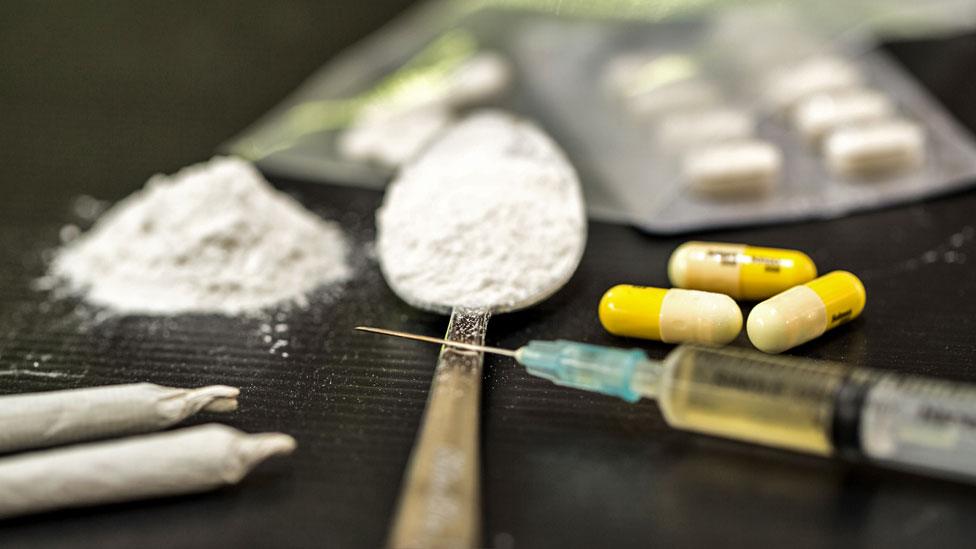
- Published23 October 2020
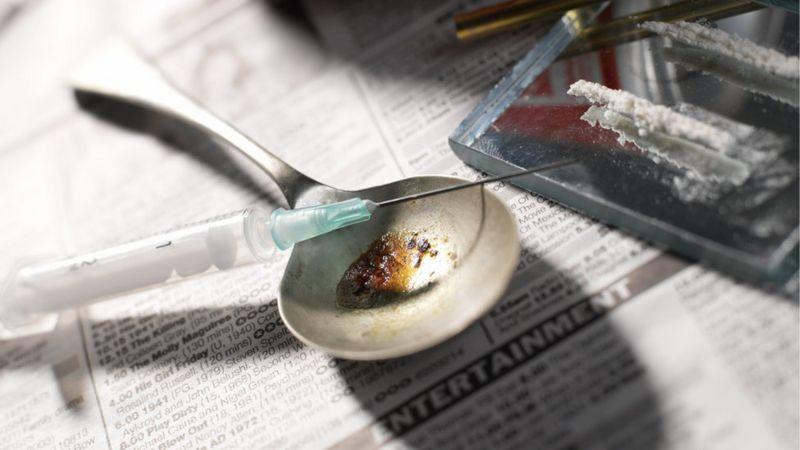
- Published7 September 2020
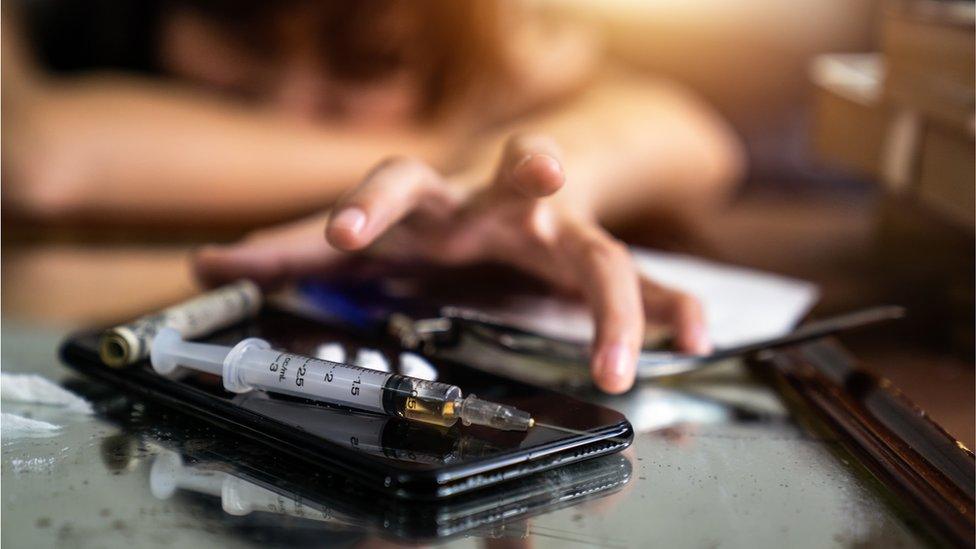
- Published2 September 2020
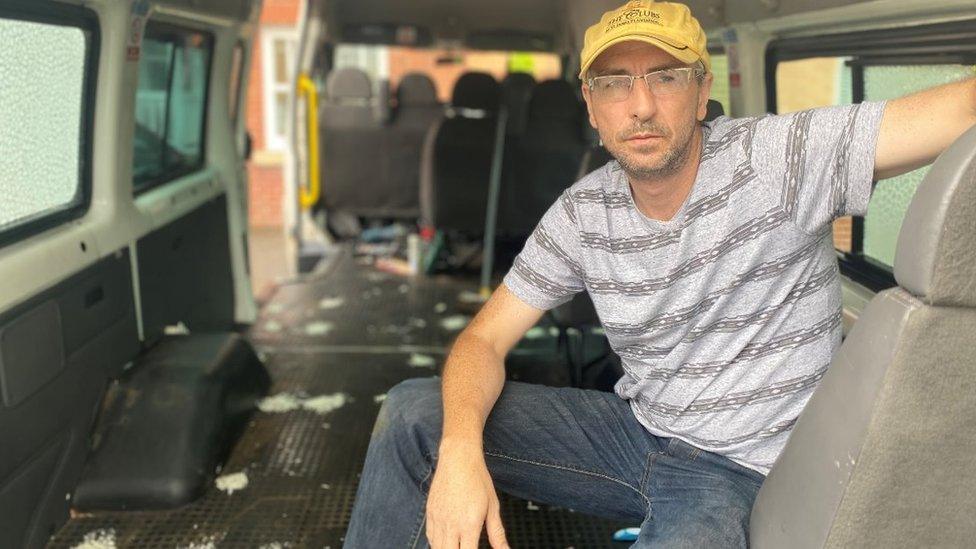
- Published13 March 2020
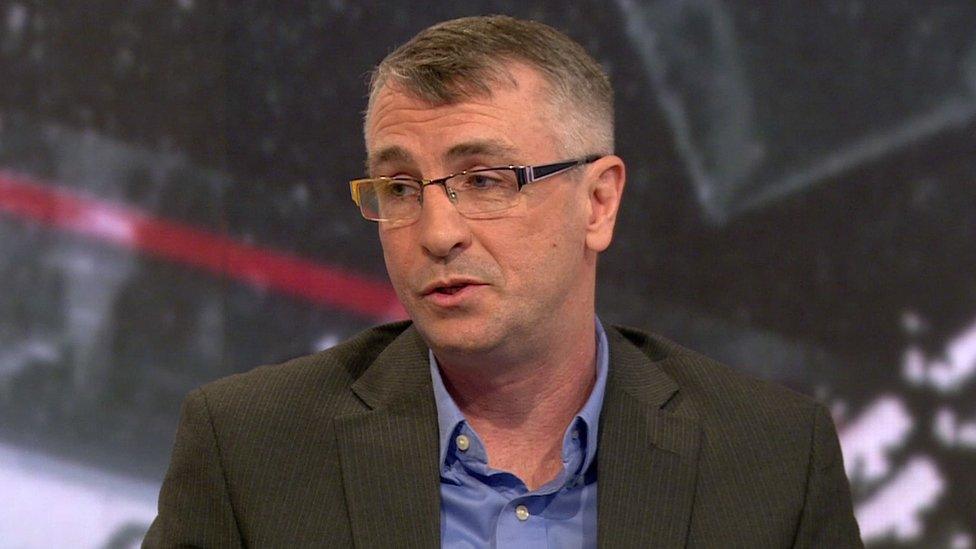
- Published13 October 2019
